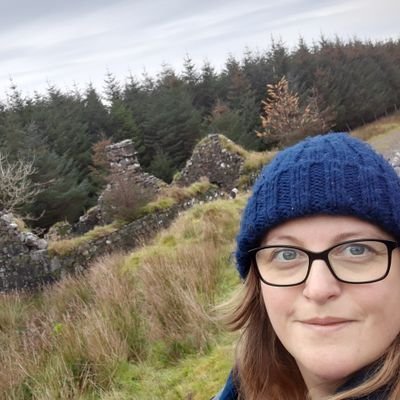Hér má nálgast námskeiðslýsingar allra námskeiðanna sem í boði eru. Einnig má sjá skipulag námsins í sameiginlegri kennsluáætlun Sjávarbyggðafræði og Haf- og strandsvæðastjórnunar.
Námskeiðin uppfylla kröfur ýmissa stéttarfélaga um námsstyrki. Vor- og sumarannir eru tilvaldar fyrir háskólanemendur sem vilja stytta námstímann í reglubundnu námi.
Fyrirspurnir sendist á kennslustjóra Háskólaseturs.
Public Policy Making - From Idea to Realization
- Autumn 2025
- Kennari: Kirsten Gow
Um námskeiðið
The aim of the course is to provide students with both theoretical and practical insights on the public policy process with an emphasis on coastal communities. We will spend time on how issues get on the agenda or disappear from it, the role of different actors in the process and how problem definition affects the public policy proces. Students will get training in analysing different policy options, as well as gain insights into implementation and accountability challenges.
I prefer teaching in an interactive setting, so I put an emphasis on discussing the material with my students. In addition to reading academic text, doing assignments and taking part in the lectures, students will go on a field trip.
Kennari
Kirsten is an islands-based researcher specialising in island and rural settings. Her PhD examining diaspora and return migration in Scotland's islands is built on a career which involved supporting grassroots community projects across rural and island areas in Scotland. She has previously acted as a dissertation advisor on the Coastal Communities and Regional Development programme.
Throughout both her academic and non-academic career Kirsten has worked with communities and governments at all levels to create, design, and evaluate policy. Within her PhD this included developing Gow's Typology of Scotland's Islands into the official Scottish Government Scottish Islands Typology to help policy makers and others better understand the island context and the potential impacts of their work. More widely, Kirsten has played an active role in co-ordinating local responses to regional and national policy proposals; worked with organisations such as Rural Housing Scotland and the Scottish Islands Federation to advocate for island and rural communities; provided evidence to government on rural and island policy; and been a member of the policy committee of the European Small Islands Federation. Kirsten is co-convenor of the New Voices in Island Studies network.

Kennsluskrá
The course gives students an insight into the process of how an idea or a need for public intervention could turn into policy in practice. The policy-making process is studied with a focus on agenda-setting theories, i.e. how an issue gets onto the government agenda and what explains that sometimes an issue becomes realized but sometimes not. It also covers different aspects of the public policy process; problem definition, agenda setting, policy formulation, implementation and accountability. Competing views and interests are considered regarding efficiency, equity, individual freedom, and social cohesion when defining public policy objectives. Students gain insight into the methods the government employs to reach its goals by covering the various tools of government.
The teaching is conducted through lectures, interactive sessions and a field trip. The real-life examples that are discussed in relation to the policy-making process are centered on regional and local development with special attention to the challenges of coastal communities.
On completion of the course, a student:
- has the ability to relate regional and rural policy to a global perspective.
- can identify the main theories in the field of public policy, describe the various stages of the public policy-making process and explain how it operates.
- can identify and describe the main competing views and interests within the various sectors in society in which public policy play a role.
- can identify and define the main policy actors in the policy-making process
- can compare different characteristics of the various tools of government and contrast them while evaluating their impact on the economy and social behavior.
- has the ability to present and explain findings from the scientific literature and policy documents and discuss them with peers.
- has developed their critical thinking, written and verbal communication skills.